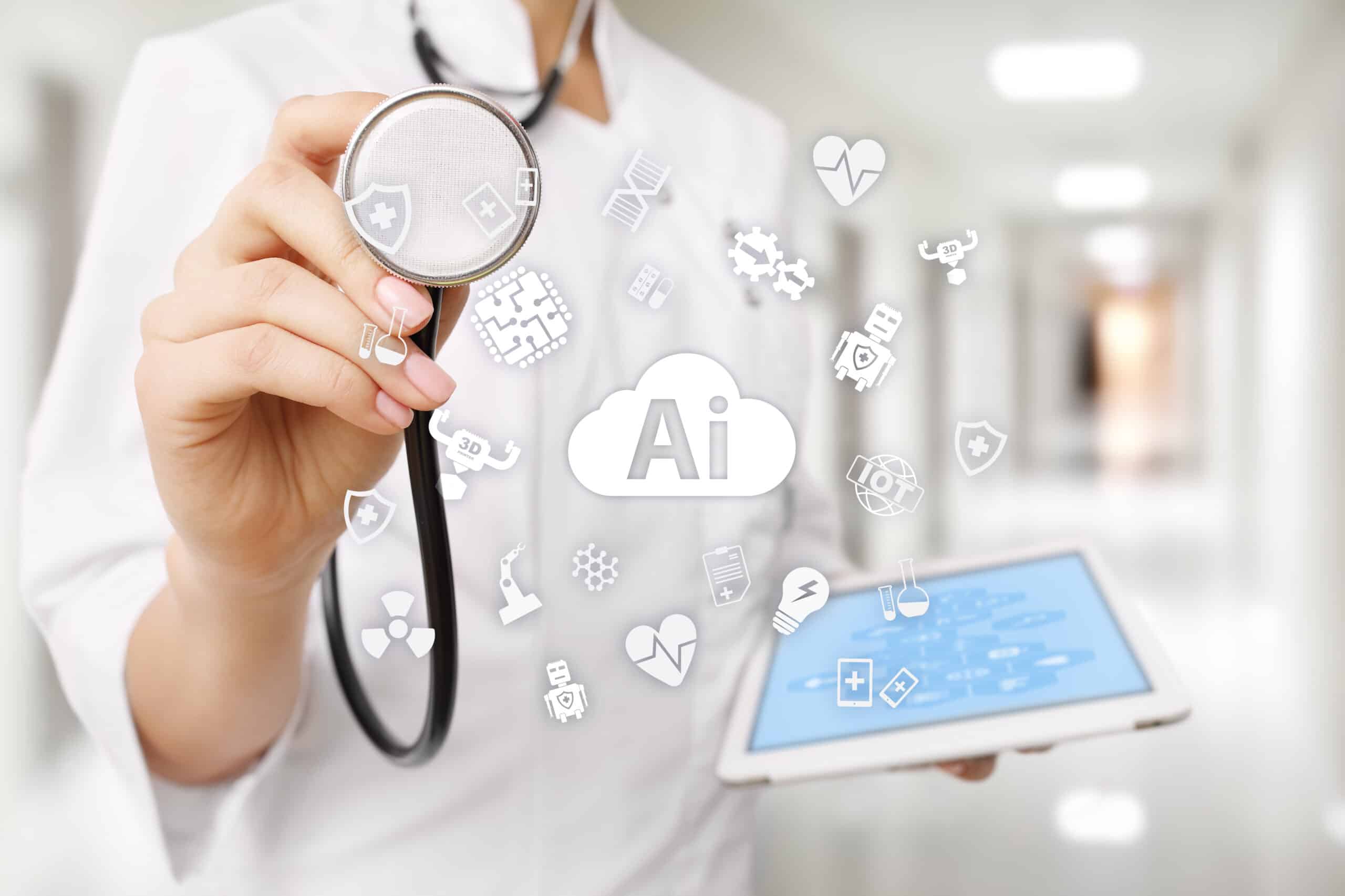The role of a traditional marketer within a healthcare organization and today’s modern digital healthcare marketer differ significantly due to the rapid advancement of technology and changing consumer behavior. If you’re part of a healthcare team tasked with driving organizational change toward digital transformation, it is likely that you will need to communicate the advantages that digital marketing brings to your organization.
During my experience as a digital healthcare marketer at a major integrated healthcare organization, a primary, ongoing focus was to educate leadership, department heads, board members, and even our own marketing coworkers what digital marketing is, why we need to adopt it, and how it enables us to transform the organization. The biggest hurdles in telling this story (over and over and over again) was that it required — and continues to require — organizational change. Change in how we went to market, change in how we measured success, and change in how the marketing department was perceived and valued throughout the organization. No longer could we remain comfortable doing things the way we always have done them.
The modern healthcare marketer is empowered by technology and enables patients, consumers, physicians, clinicians, IT, administrators, and donor teams to leverage the power of a modern tech stack where data is centralized and workspaces are collaborative. Now, don’t get scared just yet, several of the traditional marketing tactics you’re familiar with are viable, but now many of the traditional channels we historically relied upon plays more of a supportive role within the toolbox of the new Modern Healthcare Marketer.
6 key differences between the traditional and modern healthcare marketer
1. Channels and mediums
Traditional marketers primarily rely on marketing channels such as television, radio, print media, and billboards. They focus on reaching a broad audience through mass media. In contrast, digital healthcare marketers leverage various digital channels like social media, search engines, websites, mobile apps, and email marketing. They understand the importance of personalized messaging and targeted advertising to reach specific audiences.
2. Targeting and segmentation
Traditional marketers often have limited targeting options, as their campaigns are intended for a broad audience. Digital healthcare marketers can utilize advanced targeting capabilities based on demographics, interests, behaviors, and even specific health conditions. This allows for more precise audience segmentation, enabling personalized and relevant messaging. This use of data and technology allows organizations to effectively target all of their audience types across various use cases and campaigns, which can include: patient/consumer preventative wellness campaigns, patient care delivery and care management, patient population health management, physician outreach, provider referral management, donor audience, employee engagement, and more.
3. Data-driven approach
Modern digital healthcare marketers heavily rely on data and analytics. They utilize tools like web analytics, social media insights, and customer relationship management (CRM) systems like Salesforce to gather data on consumer behavior, engagement, and preferences. This data-driven approach helps them optimize marketing campaigns, measure ROI, and make informed decisions in real-time. Traditional marketers may have limited access to such granular data.
4. Content creation and storytelling
Traditional marketers often rely on one-way communication, where they push out messages to the audience without much interaction. Digital healthcare marketers emphasize two-way communication and engagement. They create compelling content, including blog posts, videos, infographics, and interactive tools like surveys and more aimed to educate and engage their audience. They focus on storytelling and building relationships to establish trust and credibility.
5. Patient empowerment
Modern digital healthcare marketers recognize the importance of patient empowerment. They aim to provide valuable health information, resources, and tools that enable patients to take an active role in managing their own health. They may develop mobile apps, wearable devices, and online platforms that promote self-care, remote monitoring, and telemedicine. Traditional marketers may have less focus on patient empowerment.
6. Compliance and privacy regulations
Healthcare organizations operate in a highly regulated industry, and digital healthcare marketers must navigate various compliance and privacy regulations, such as the Health Insurance Portability and Accountability Act (HIPAA) and General Data Protection Regulation (GDPR). They need to ensure that their digital marketing strategies and data collection practices comply with these regulations. Traditional marketers may not have faced the same level of regulatory complexity.
Evolve your healthcare marketing with Salesforce and Silverline
Overall, the modern digital healthcare marketer leverages technology, data-driven insights, targeted communication, and patient empowerment to provide personalized and engaging experiences. They adapt to the evolving digital landscape and play a crucial role in reaching and engaging healthcare consumers in a more efficient and effective manner.
The use of technology and data transforms traditional marketing departments from being a cost center into becoming quite possibly the largest revenue generating department within the healthcare organization. Find out how Salesforce Marketing Cloud and Silverline can fill the gaps and accelerate your healthcare organization’s digital transformation.




